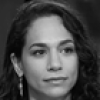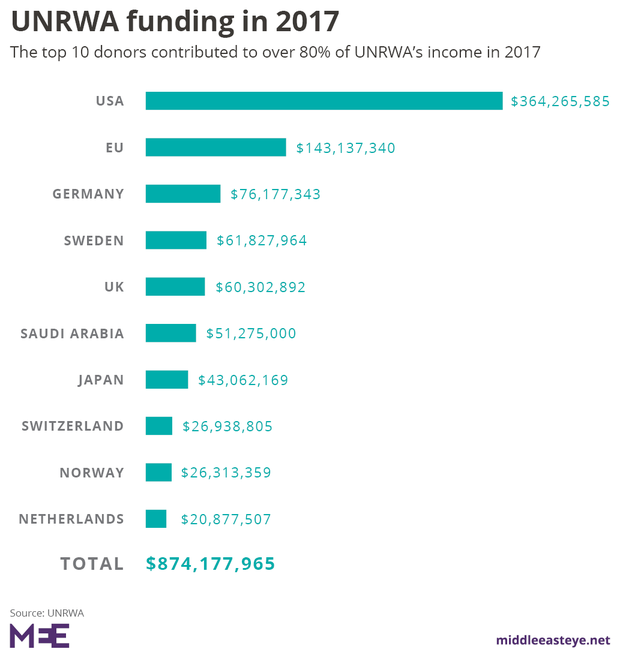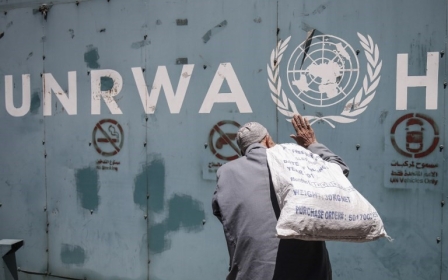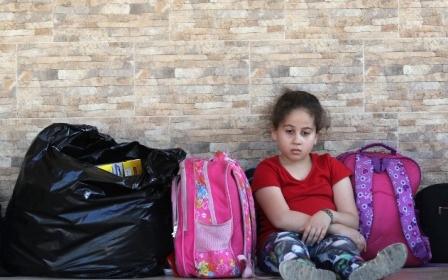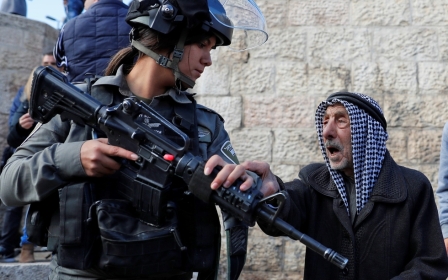Trump has no right to define who is a Palestinian refugee
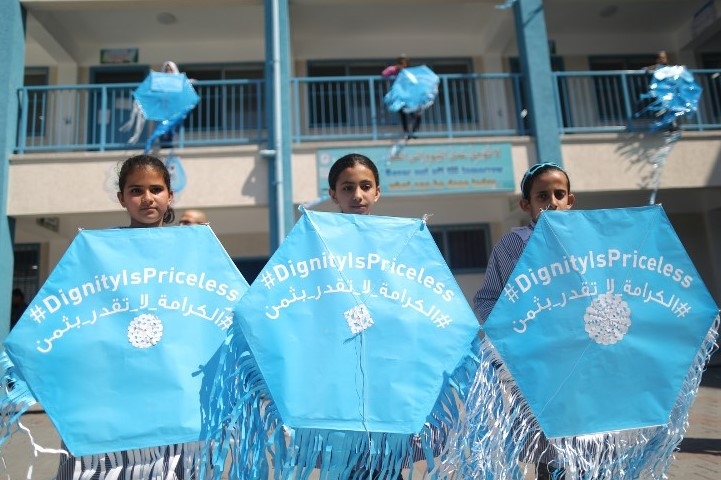
On 31 August, US President Donald Trump's administration announced it was terminating its funding commitment to the United Nations Relief and Works Agency (UNRWA).
One should read this move on two levels. First, the US withdrawal of its commitment to UNRWA is another instance of the Trump administration’s broader disinvestment from multilateral institutional arrangements. Second, the decision to terminate financial support to UNRWA is yet another attempt to resolve a final status issue of Palestinian refugees by political fiat.
A durable solution
UNRWA was created by the General Assembly in 1949 and its mission has been re-approved every three years by the General Assembly. The original mandate sought to provide education, healthcare, and other services to compliment the political mandate of its sister agency, the UN Conciliation Commission for Palestine, which was established to find a durable solution for Palestinian refugees.
Reducing the financial capacities of UNRWA services is one way the Trump Administration is hoping to force a redefinition of who constitutes Palestinian refugees and thus determine the issue
Though it was not dissolved, the UNCCP reached a political deadlock in 1951 and fell into abeyance. The General Assembly has since incrementally expanded UNRWA’s mandate in order to fill this protection gap.
UNRWA's mandate exists in five areas: West Bank, Gaza Strip, Jordan, Syria, and Lebanon, where it serves approximately 5.4 million registered refugees, operates 700 schools, and employs 30,000 people.
The US financial contribution to UNRWA has historically been one-fourth of the agency's annual budget ($364m out of $1bn). In 2017, the Trump administration reduced that contribution to $60m (i.e. to approximately 16 percent of its previous commitment).
This most recent decision has now reduced the US contribution to zero, indefinitely.Whether $60m or $360m, the US contribution to UNRWA has always been peanuts in light of US military aid to Israel alone, which is nearly $4bn annually. This is to say nothing of its economic aid to Israel, or of US military spending elsewhere - most notably Iraq, where spending since 2003 is approaching $2 trillion with no sight of a full withdrawal.
"Irredeemably flawed"
The US State Department explained the recent decision by claiming that UNRWA’s business operation is "irredeemably flawed". Yet such justifications make little to no sense in light of fact that the US renewed its annual support for UNRWA in December 2017 and praised the agency for its management. Furthermore, the World Bank - for whatever its worth - described UNRWA as "a global public good" for running one of the most effective school systems in the region.
UNRWA and everything it does is a reflection of a global mandate, which the US is now moving to dismantle.
The US contribution to UNRWA has always been peanuts in light of US military aid to Israel alone
One of the next steps in this process is probably an attempt to change the definition of a Palestinian refugee to exclude descendants, therefore reducing the refugee population from nearly six million to about fifty thousand.
The United States and Israel cannot do this unilaterally.
Significantly, the UN High Commission for Refugees (UNHCR), the other UN refugee agency, applies the same definition for refugee status to include descendants of refugees born in exile. This is reflected in Afghanistan, Congo, the Sudan and Somalia. Reducing the financial capacities of UNRWA services is one way the Trump administration is hoping to force a redefinition of what constitutes Palestinian refugees and thus determine the issue.
Who is a Palestinian refugee?
It is this latter dynamic that must be central to our understanding. The United States and Israel want to resolve the Palestinian refugee issue not by allowing refugees to return but by changing the legal definition so that they cease to exist.
This strategy is racist and in keeping with longstanding US support for Israel’s settler colonial project and its inherent feature of Palestinian displacement. Yet it is also nonsensical vis-a-vis the UNHCR definition: imagine a policy that wanted to target immigrants from Mexico by changing Medicare standards to only be available to citizens of Mexican descent above the age of 80, rather than 65 which applies to all other seniors.
The Trump administration has actually tried to blame UNRWA for the longstanding nature of the Palestinian refugee crisis, despite it being a humanitarian agency. The inability to resolve this crisis is a political failure that primarily reflects Israel’s intransigent refusal to allow refugees to return in order to maintain a demographic majority.
Israel has long publicly predicated the return of refugees on establishing permanent peace with Arab states. Israel's first prime minister David Ben Gurion, however, rejected peace overtures from Egypt, Syria and Jordan in 1949 stating that cost of return of Palestinian refugees was not worth the peace offered.
The Trump administration’s decision is a move in lock-step with the Israel lobby’s policy on Palestinian refugees and continues a series of recent policy decisions that do the same, including moving the US embassy to Jerusalem, reducing aid to the West Bank, and no longer referring to the West Bank and Gaza as occupied.
These policies reflect Israel's right-wing agenda aimed at unilaterally imposing an unjust solution upon the Palestinians that effectively subjugates them permanently. Not only does this demonstrate, yet again, that the United States is unfit to be a peace broker but vividly shows how the United States is actually a part of the problem.
Overcoming this obstacle requires Palestinians to reduce their dependency on US aid, pivot away from the United States once and for all, and internationalise the question of Palestine.
- Noura Erakat is a human rights attorney and activist and an assistant professor at George Mason University. She has taught international human rights law in the Middle East at Georgetown University since Spring 2009. Noura is a co-editor of Jadaliyya.
The views expressed in this article belong to the author and do not necessarily reflect the editorial policy of Middle East Eye.
Photo: Palestinian schoolgirls fly kites outside their classrooms at a school belonging to the United Nations Relief and Works Agency for Palestinian Refugees (UNRWA) in Gaza City on 12 March, 2018 as a protest against US aid cuts (AFP)
Middle East Eye propose une couverture et une analyse indépendantes et incomparables du Moyen-Orient, de l’Afrique du Nord et d’autres régions du monde. Pour en savoir plus sur la reprise de ce contenu et les frais qui s’appliquent, veuillez remplir ce formulaire [en anglais]. Pour en savoir plus sur MEE, cliquez ici [en anglais].


